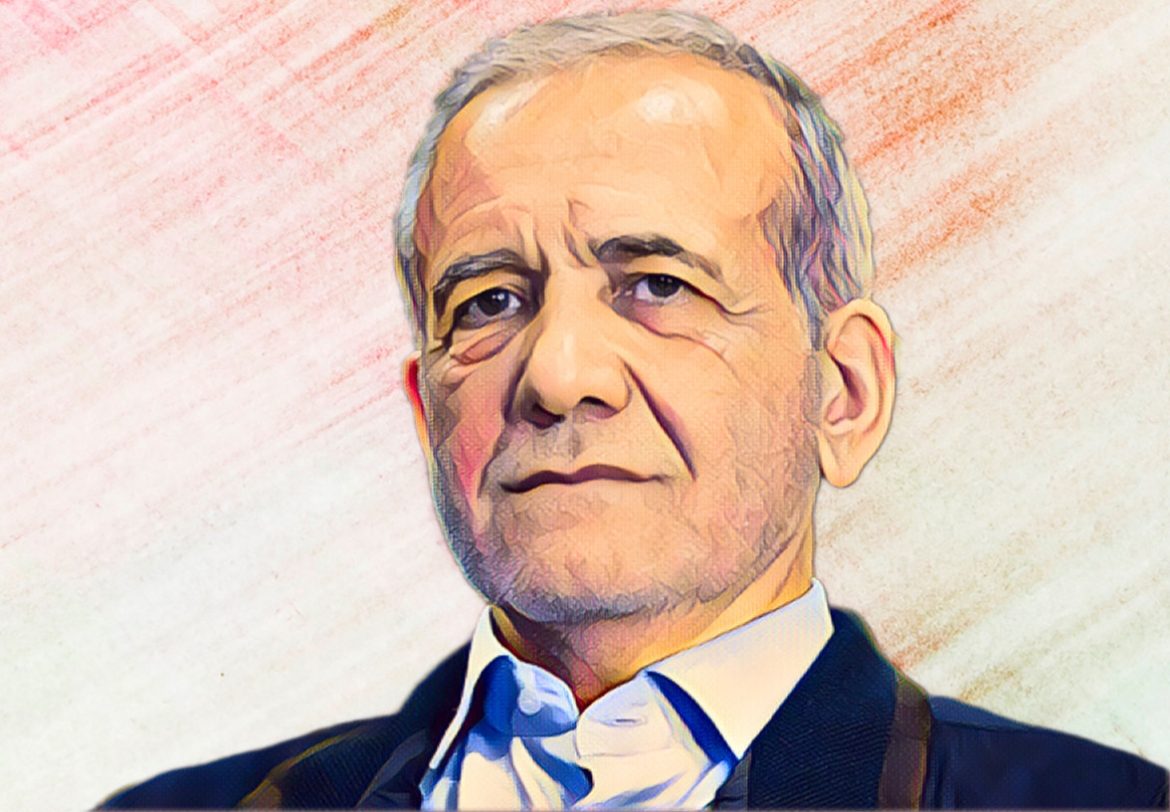KEY POINTS
- Iran urges OPEC to unite against potential U.S. oil sanctions.
- Officials warn that sanctions could destabilize global energy markets.
- Tehran emphasizes the need for long-term investment in oil production.
Iran’s President Masoud Pezeshkian has urged fellow OPEC members to unite against possible U.S. sanctions, following President Donald Trump’s vow to drive Tehran’s oil exports to zero.
Pezeshkian’s remarks came during a meeting with OPEC Secretary General Haitham Al Ghais, where he stressed the need for oil-producing nations to resist external pressure.
Iran currently exports about 1.5 million barrels of crude oil per day, with the majority heading to China. If Washington imposes new restrictions, global supply could be significantly affected.
OPEC’s official X account confirmed that Al Ghais was in Iran for discussions, marking an important moment as Tehran assumes the rotating OPEC presidency for the year.
Iranian officials warn of market instability
Iranian Oil Minister Mohsen Paknejad echoed Pezeshkian’s concerns, warning that unilateral sanctions against crude producers could destabilize global energy markets.
According to Reuters, he emphasized that political interference in oil trade threatens supply security and affects consumers worldwide.
“Depoliticizing the oil market is crucial for long-term stability. Imposing unilateral sanctions on major oil producers like Iran only disrupts supply chains and creates volatility,” Paknejad told Iran’s state media.
Trump’s previous sanctions campaign in 2018 led to Iranian exports plunging as low as 200,000 barrels per day. At the time, OPEC and its allies responded by increasing supply to compensate for the shortfall.
The potential repetition of historic events has led Tehran to begin developing solutions that will limit the consequences of U.S. limitations.
Iran highlights need for investment in energy sector
The current shortage of upstream oil investment presents a prolonged problem for worldwide energy suppliers, according to Paknejad.
“If major oil-consuming nations are concerned about future supply, it is because of their own policies that have restricted OPEC+ investments in production infrastructure,” he said.
Iran remains exempt from OPEC+ output cuts while maintaining substantial impact as a major crude oil producer.
The world watches OPEC for its member nations’ reaction to geopolitical pressure, through Pezeshkian’s call for collective action.



